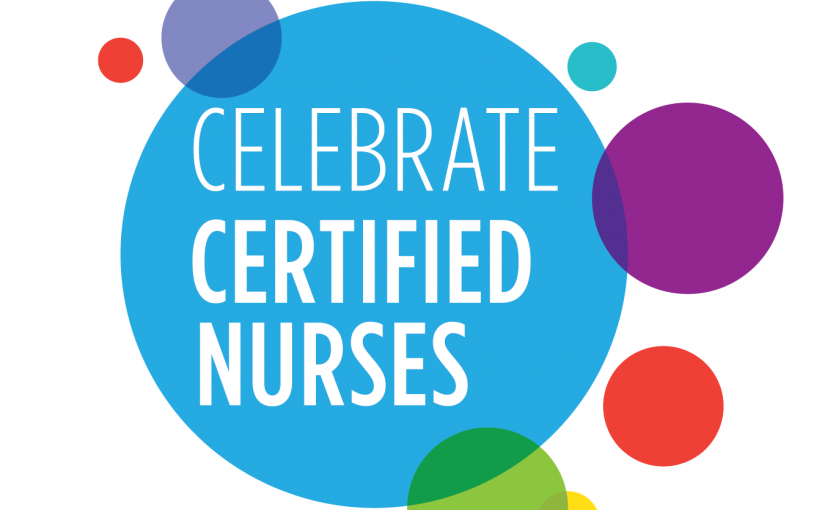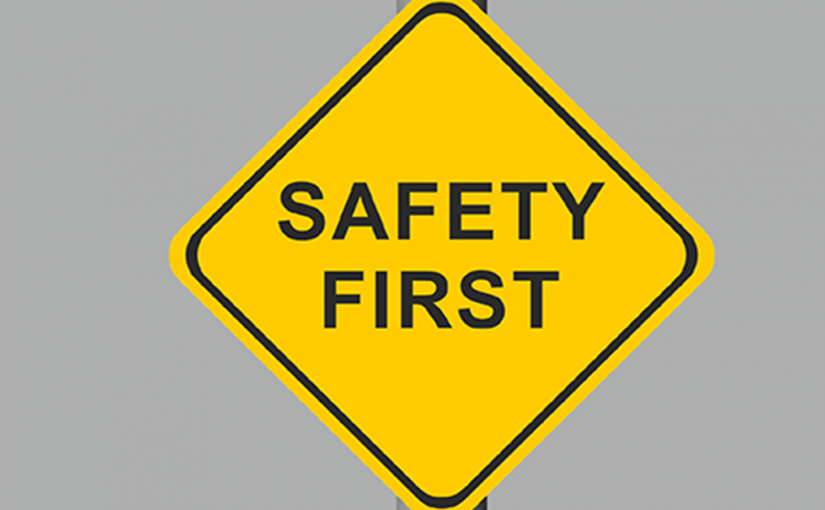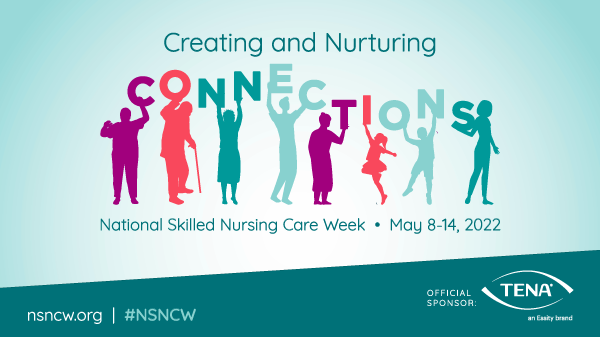Save $200 off the AHCA/NCAL’s Gero Nurse Prep course through May 31, 2022, with promo code QUALITYRN22 (all caps). Specifically designed for registered nurses working in long term care, this curriculum provides comprehensive online training that leads to board certification in gerontological nursing by the American Nurses Credentialing Center (ANCC) for RNs.
Research released by AHCA/NCAL in 2019 found compelling reasons to consider the Gero Nurse Prep course and ANCC Board certification for RNs. Nursing facilities with at least one ANCC Board certified RN experienced:
- Two fewer deficiencies on average (5.71 citations versus the 7.55 national average)
- Fewer Immediate Jeopardy (IJ) citations (1.60 versus the 2.27 national average)
- More stars — nearly twice as likely to be a CMS 5-Star facility (50% versus the 28% national average)
- Significantly lower re-hospitalization rates
- Significantly lower rates of off-label use of antipsychotics
- Significantly higher average SNF Value Based Purchasing scores (44.17 versus 34.42 for the nation)
Gero Nurse Prep also makes a big difference even for those RNs who are not interested in pursuing ANCC Board certification. Nurses who complete Gero Nurse Prep show an average 24 percent increase between their pre- and post-course test scores. The course delivers smarter RNs who are better prepared to deliver quality geriatric nursing care in skilled nursing and assisted living settings. Both two-year RNs and BSNs can take this course and sit for the ANCC exam.
RNs have one year to complete the course and earn 30 quality nursing contact hours – enough to meet the criteria for taking the ANCC certification exam. Gero Nurse Prep grads who choose to sit for the ANCC gerontological nursing certification exam (a $395 separate fee paid to ANCC) have a pass rate of 95% on their first try. RNs who pass the ANCC exam can then use the GERO-BC™ credential after their RN credential.
Watch this
video or visit the website at
geronurseprep.com to learn more about this online program designed to help RNs increase their geriatric nursing skills and to pass the ANCC exam. Don’t forget to use the
QUALITYRN22 promo code when you register by May 31 to save $200 off the regular $790 Gero Nurse Prep









